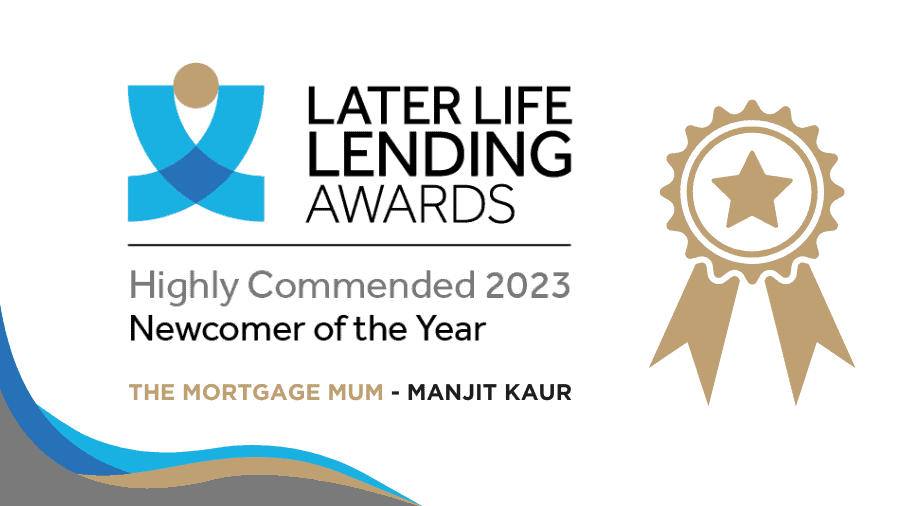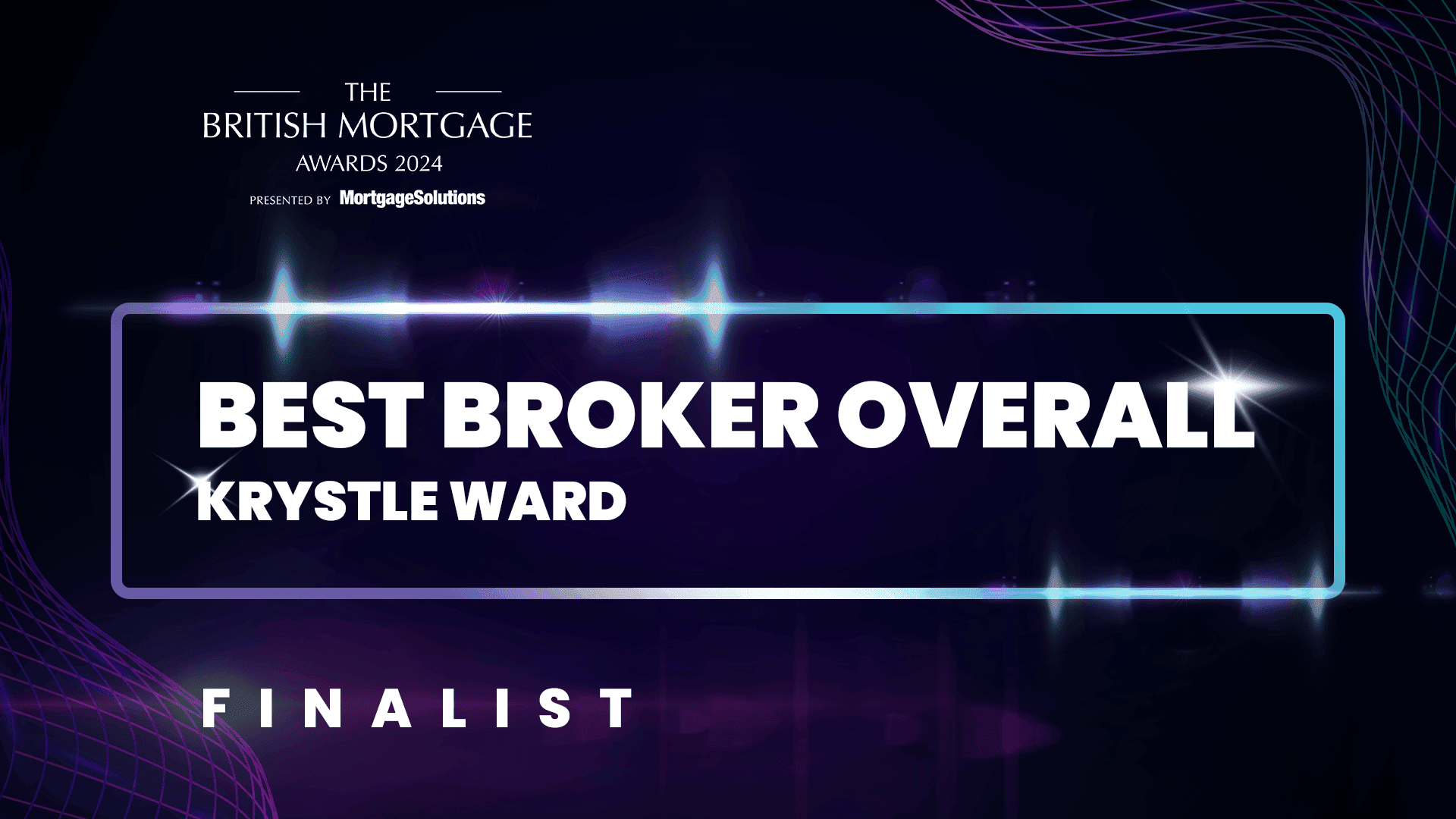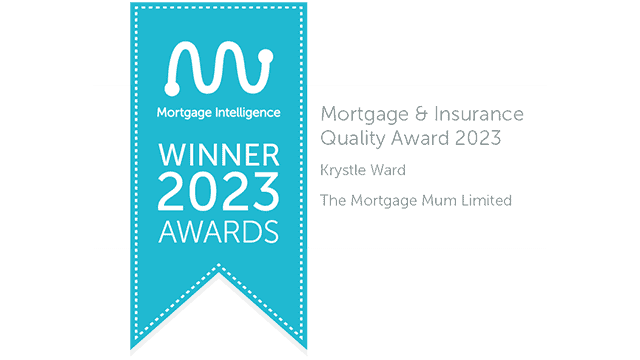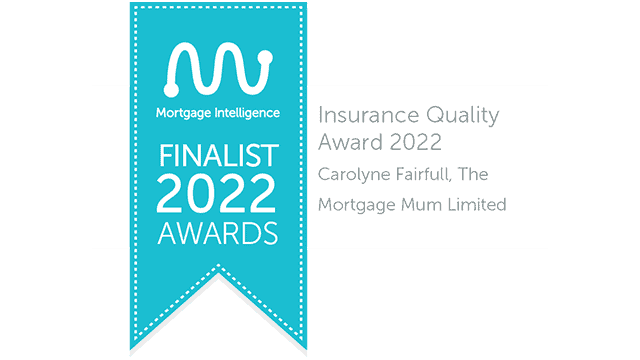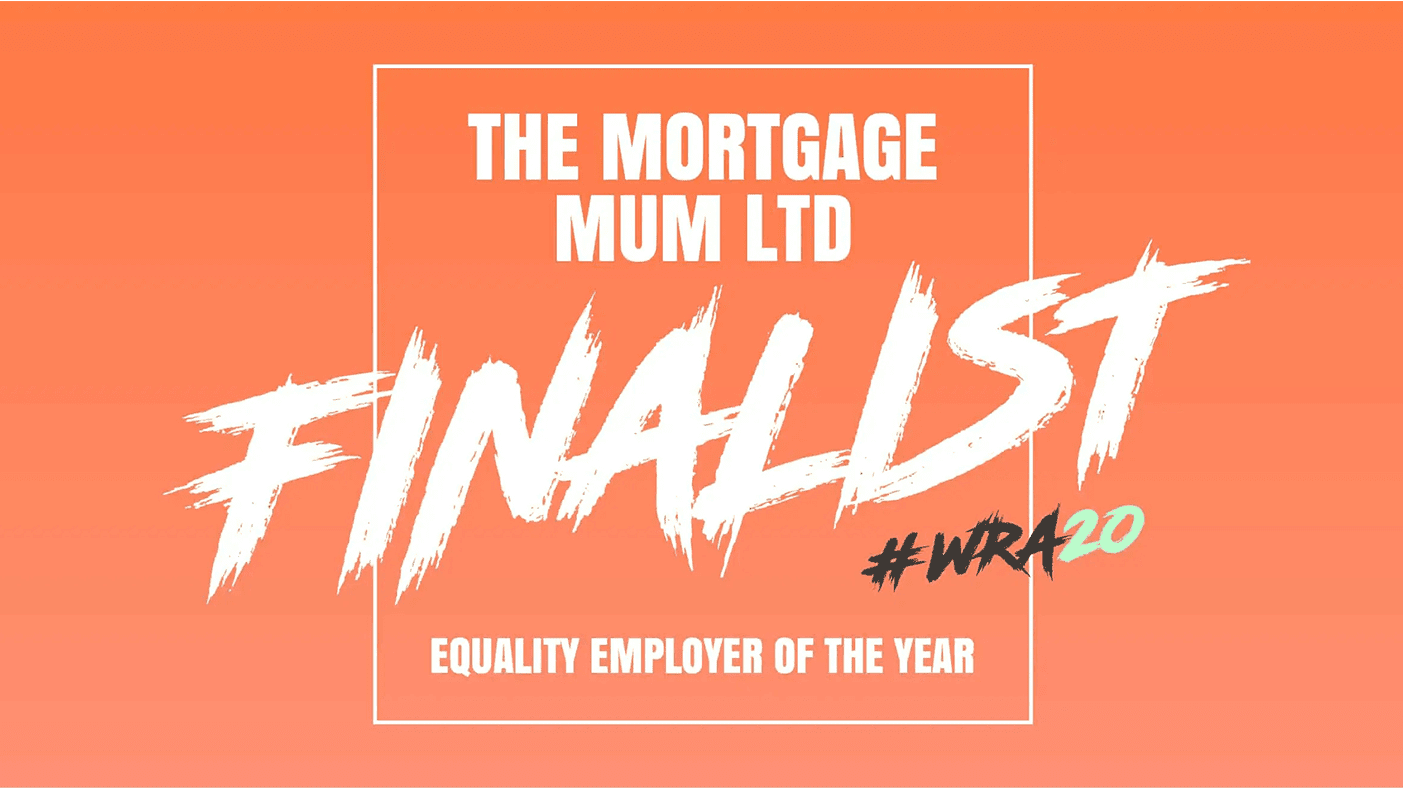Hello, and welcome back to the Mortgage Mum podcast with me, Sarah Tucker. Today we’re going to be doing some questions and answers again, which worked really well in our previous episode. We’ve got some really good feedback from you on that.
Today we’re covering the topic of high net worth mortgages. This can sometimes fall into specialist finance, and as you may or may not have seen, we’ve recently launched The Mortgage Mum Specialist Finance as its own company. It’s headed up by myself and Shelley Walker, who’s managing director of that business.
I’d love to do another episode in future with Shelley as part of the specialist finance podcast. But for now, we want to answer your questions. We’ve had lots of them about how high net worth can be factored in differently for mortgages.
Can you get a mortgage as a high net worth individual on low income?
A really good question. It’s important to just caveat what high net worth means to the FCA and to lenders. A high net worth individual is somebody that is individually earning £300,000 or more, or has assets of over £3 million.
As a high net worth individual, your mortgage needs and how you’re treated within your mortgage application will differ. And obviously that does answer the question – you can get a mortgage based on your assets if you’re asset rich, but have a low income.
What types of mortgage and rates can I expect as a high net worth individual?
As you probably expect, I can’t talk about rates because they change so frequently. What’s really important to get across here is that it’s so individual.
Every mortgage is individual, and that’s even more true when you’re a high net worth individual, because how you make up your income, the types of assets you have and how you prove their worth is entirely different.
How that’s looked at by a lender, or often a private bank will be entirely individual. It’s almost a bespoke mortgage when you’re a high net worth individual. It’s very hard to give blanket advice when it comes to this category of mortgages. We see so many high net worth individuals, and they’re all entirely different in how they prove their income via businesses or assets and how they’re performing.
Plus, how banks look at those individuals can differ dramatically depending on what’s happening in the market. So the key is to be introduced to the right people and be presented in a way that’s going to support what you’re looking to do.
How does remortgaging work as a high net worth individual? Any differences in the process here?
Yes, and this falls into the specialist finance area of the market. So this is why we need to come back to these topics with Shelley to add some more colour.
In short, remortgaging as a high net worth individual is very bespoke. People might, for example, want to refinance one property while considering other properties they may own. So perhaps it would be looking at that entire picture. It wouldn’t necessarily just be remortgaging one house at a time.
Speaking very generally, remortgaging is still going to be based on income. And we would recommend you do it six months before your rate expires on any property. So it’s no different in that respect.
What can differ is how you prove your income. You’ve got a third party, often a broker, working to negotiate on your behalf. It’s very different to mortgage broking in the standard market where we’re piecing the puzzle together to make sure you fit. We are obviously advocating for you as a client, and trying to see which lender fits what you’re looking for.
Whereas in the high net worth space and the specialist space, we’re actually looking at your individual case, taking that to a private bank and having a one-on-one conversation. So it’s very different in terms of the broker that you need. You need to be building a really good relationship there.
Can I get a Buy to Let mortgage as a high net worth individual?
Buy to Let is not generally based on income. It’s based on the quality of the Buy to Let property, how much rent you’re going to be earning, how much deposit you can put down, and whether a lender is comfortable with those calculations.
If you are high net worth, private banking is again a good place to take your mortgage business. It does differ, but the premise is the same. To make sure it’s a good investment, you’re going to be looking at that property’s rental value and potential. So the fundamental business decision behind that Buy to Let is the same.
What if I have bad credit? Can I still get a mortgage as a high net worth individual?
Yes. Lenders will definitely ask you questions about the circumstances, but it’s unlikely to be a deal breaker for a high net worth individual. That’s quite an interesting point – perhaps people wouldn’t necessarily assume this to be the case.
There are obviously risk factors that will be looked at, but it’s nowhere near as restrictive as in traditional lending.
How much does a high net worth mortgage broker cost?
They do cost more money. What a mortgage broker typically charges varies hugely, by the way, depending on the business, the area and different incentives that companies offer.
In the high net worth space, the fee is typically a percentage of the loan amount plus an upfront fee. Because it’s such an individual, one-to-one service, you get what you pay for.
Your broker will be making a lot of calls, having a lot of meetings, and you’re paying for the value of that person’s relationships – they’ve spent many years building them. Those relationships are what will get you the best results.
What else do we need to know about high net worth mortgages?
I think it’s important to note that deposit requirements are typically higher on high net worth mortgages. On mortgages around £2 million, for example, 25% is a very typical deposit. The higher your mortgage, the higher the deposit that’s normally required.
For a £5 million to £6 million property, you’d probably be looking at 40%. It doesn’t mean it’s impossible with a smaller deposit, but it’s worth knowing that a bigger deposit is the norm in this space.
I wouldn’t necessarily not have the conversation about a high net worth mortgage if you haven’t perhaps got 25% – some lenders might be more flexible. But it’s worth mentioning because typically we talk about 5% or 10% deposits for mortgages – and this might be something that hasn’t been factored in.
High net worth is an entirely different area of the market, and so it definitely needs a little bit more air time. So just keep your eye out for other episodes coming soon – and ones with Shelley involved.
YOUR HOME MAY BE REPOSSESSED IF YOU DO NOT KEEP UP REPAYMENTS ON YOUR MORTGAGE.
SOME BUY TO LET MORTGAGES ARE NOT REGULATED BY THE FINANCIAL CONDUCT AUTHORITY.

























